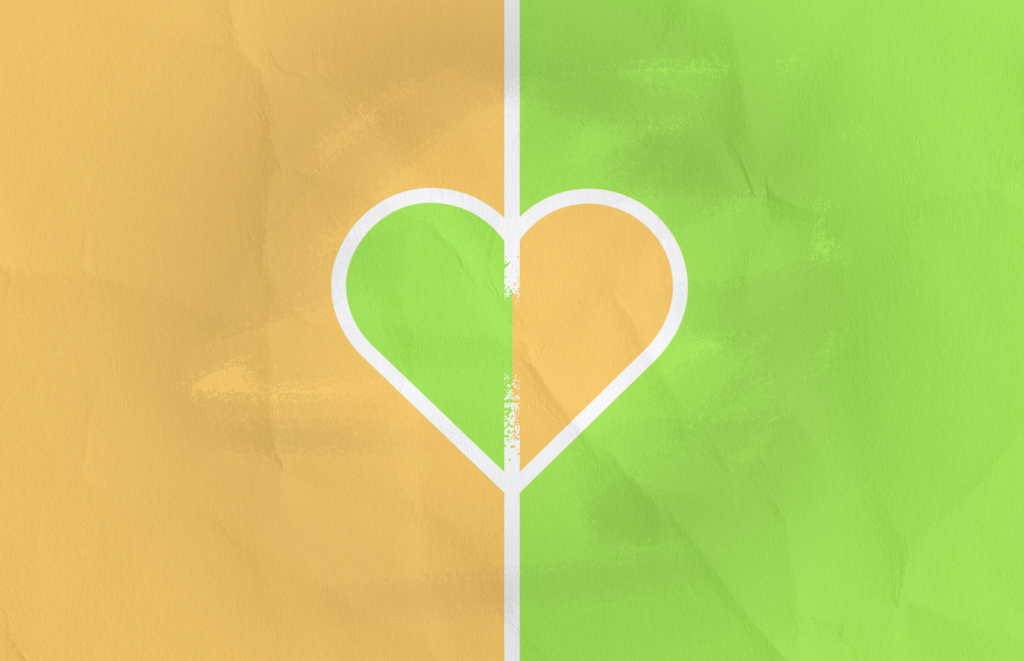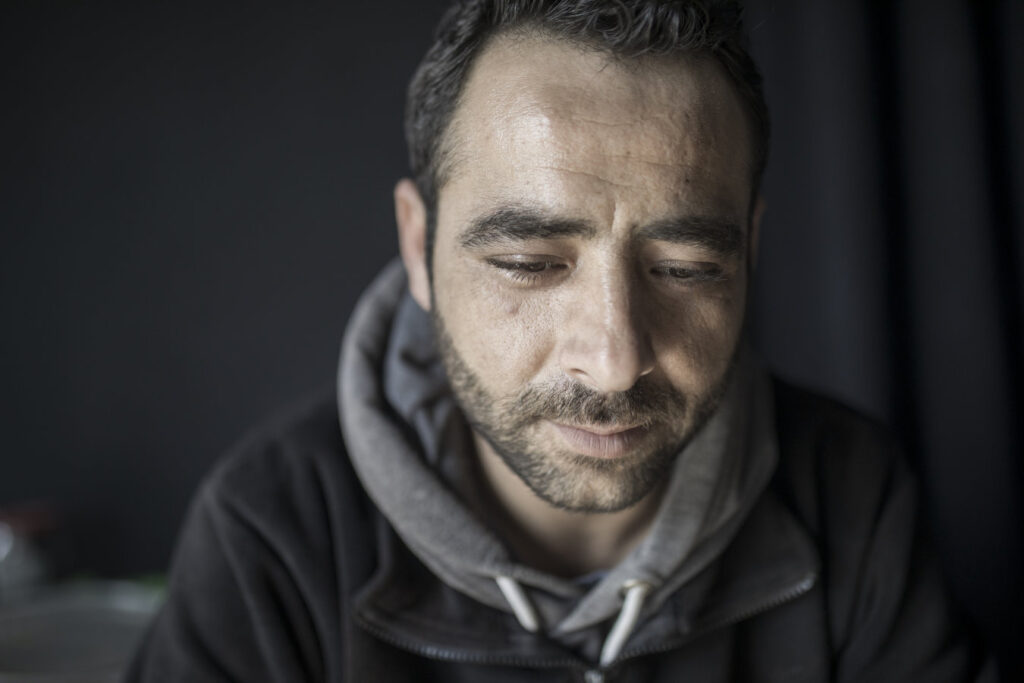Look for the helpers: connections across the political divide
Beneath labels and icons, there are hearts and minds.

Today is one of those days where the world can feel very divided, and where it’s easy to see the lines that we may stand either side of. ‘Us and them’ is a narrative that we’re often encouraged to follow; it reduces the complexity of what it actually means to be a human being. And complexity is difficult to hold, so we reject it.
But the truth is always more detailed than that. We cannot, as human beings, be reduced down to simple labels and traits: team A or team B, this colour badge or that. Because when we try to do that, we lose sight of people’s stories, of the fears and joys that drive us all. And we lose sight of the places where we overlap, and the things that connect us.
We can’t pretend that there aren’t people in the world who act in bad faith, who seek to divide, or to harm. At the same time, we shouldn’t convince ourselves that there aren’t people who seek to help, to heal. The difficult thing is that these aren’t always different people.
So what can we do? There’s a quote, perhaps fittingly, from American broadcaster Fred Rogers, better known as Mr. Rogers: “When I was a boy and saw scary things in the news, my mother would say, ‘Look for the helpers. You will always find people who are helping.’” It’s a very good start – find the people who are striving to unite communities, or who are willing to reach out to help a neighbour in need. Let them guide your trust in human goodness.
Because there has never been, nor will there ever be, a world so divided that there isn’t someone trying to reach out across a divide, be it cultural, generational or political. It’s in our nature to be curious, to be connected; that’s why we built those traits into the core values of our organisation; our individual, collective and global wellbeing depends on connection.
However you’re feeling about the state of our global human community today, first take the time you need to process and think things through. And then get curious. If you feel you can, talk to the people around you; call family and friends. Seek comfort where you agree, and find new perspectives where you don’t; both are valuable.
And above all else, look for those helpers. Find the people that are doing the connecting, that are open to looking beyond labels and slogans, through to the people beneath – with their complex overlap of positive and negative traits, of doubts and hopes and loves and hates. And look for them where you might not have expected to find them. They might not be wearing your badge.

